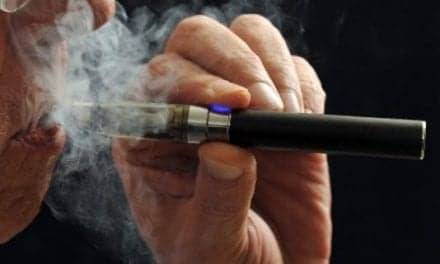Smoke-free worksite legislation may help not only to reduce levels of cigarette smoking, but also to decrease vape use, according to a recent study from the Yale School of Public Health.
The study was conducted by assistant professor of public health Abigail Friedman and professor of public health Susan Busch to address two main questions. First, with e-cigarettes widely available, how do smoke-free restaurant or worksite laws — state and local policies that ban combustible tobacco use in certain settings — affect smoking and vaping behaviors? Second, what is the effect of instituting additional vape-free air restrictions to places with existing smoke-free worksite laws?
The researchers found that smoke-free worksite laws were associated with reductions in vaping and increases in smoking cessation among adults aged 26 to 54. However, implementing vaping restrictions in areas where smoke-free laws were already in place was not associated with any additional reduction in vaping. The study’s findings were published in the journal Addiction in February.
“Tobacco use is the leading cause of preventable death in the US,” Busch wrote in an email to the News. “Our results indicate that smoke-free worksite laws were associated with meaningful decreases in current smoking among young adults.”










